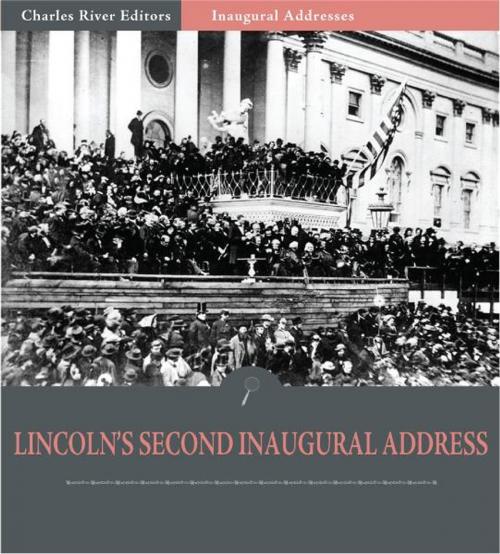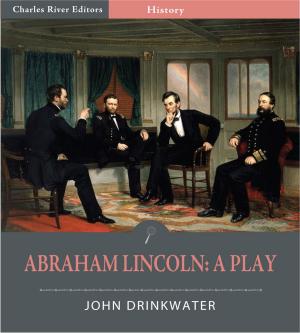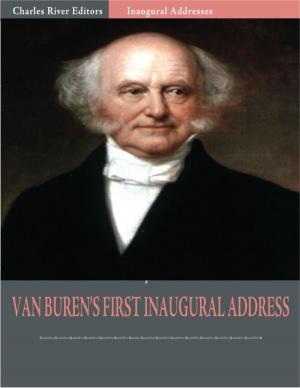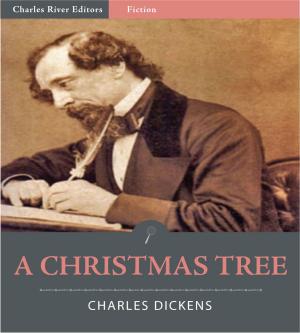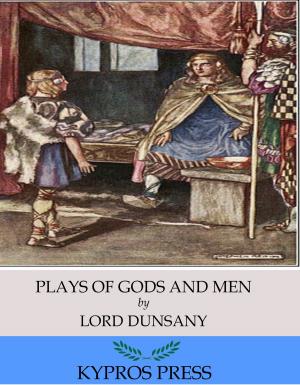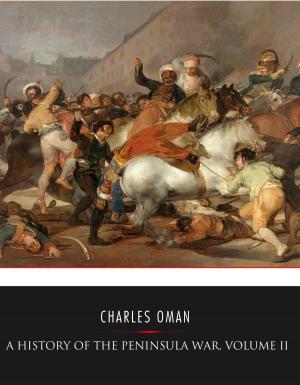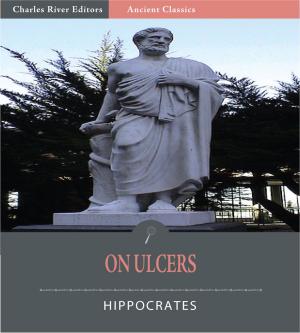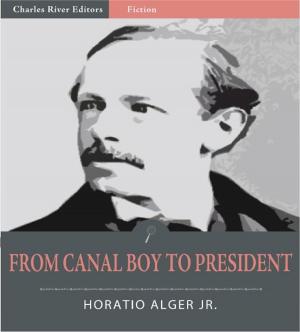Inaugural Addresses: President Abraham Lincolns Second Inaugural Address (Illustrated Edition)
Nonfiction, History, Americas, United States, Civil War Period (1850-1877), 19th Century| Author: | Abraham Lincoln | ISBN: | 9781619826700 |
| Publisher: | Charles River Editors | Publication: | February 6, 2012 |
| Imprint: | Language: | English |
| Author: | Abraham Lincoln |
| ISBN: | 9781619826700 |
| Publisher: | Charles River Editors |
| Publication: | February 6, 2012 |
| Imprint: | |
| Language: | English |
When George Washington became the new United States of Americas first president, he set several precedents, including one on April 30, 1789. That day, Washington was inaugurated as president, and for the occasion he gave the nations first presidential inaugural address, used to inform the people of his intentions as a leader. Inaugural addresses have since become iconic moments for each new leader, sometimes providing the presidents most memorable moment. Franklin Delano Roosevelt told Americans they had nothing to fear but fear itself, John F. Kennedy asked Americans what they could do for their country, and Abraham Lincoln asked Northerners to show malice toward none and charity for all. Regardless of how each presidency turned out, inaugural addresses have always given voice to the optimism and hope that each new presidential term represents. Probably the most famous inaugural address of them all, Lincoln's second came on the verge of the end of the Civil War. Sensing the end, Lincoln uses a conciliatory tone, in an effort to bind up the nation's wounds. This edition of President Lincolns Second Inaugural Address is specially formatted with a Table of Contents and is illustrated with pictures of Lincoln.
When George Washington became the new United States of Americas first president, he set several precedents, including one on April 30, 1789. That day, Washington was inaugurated as president, and for the occasion he gave the nations first presidential inaugural address, used to inform the people of his intentions as a leader. Inaugural addresses have since become iconic moments for each new leader, sometimes providing the presidents most memorable moment. Franklin Delano Roosevelt told Americans they had nothing to fear but fear itself, John F. Kennedy asked Americans what they could do for their country, and Abraham Lincoln asked Northerners to show malice toward none and charity for all. Regardless of how each presidency turned out, inaugural addresses have always given voice to the optimism and hope that each new presidential term represents. Probably the most famous inaugural address of them all, Lincoln's second came on the verge of the end of the Civil War. Sensing the end, Lincoln uses a conciliatory tone, in an effort to bind up the nation's wounds. This edition of President Lincolns Second Inaugural Address is specially formatted with a Table of Contents and is illustrated with pictures of Lincoln.
